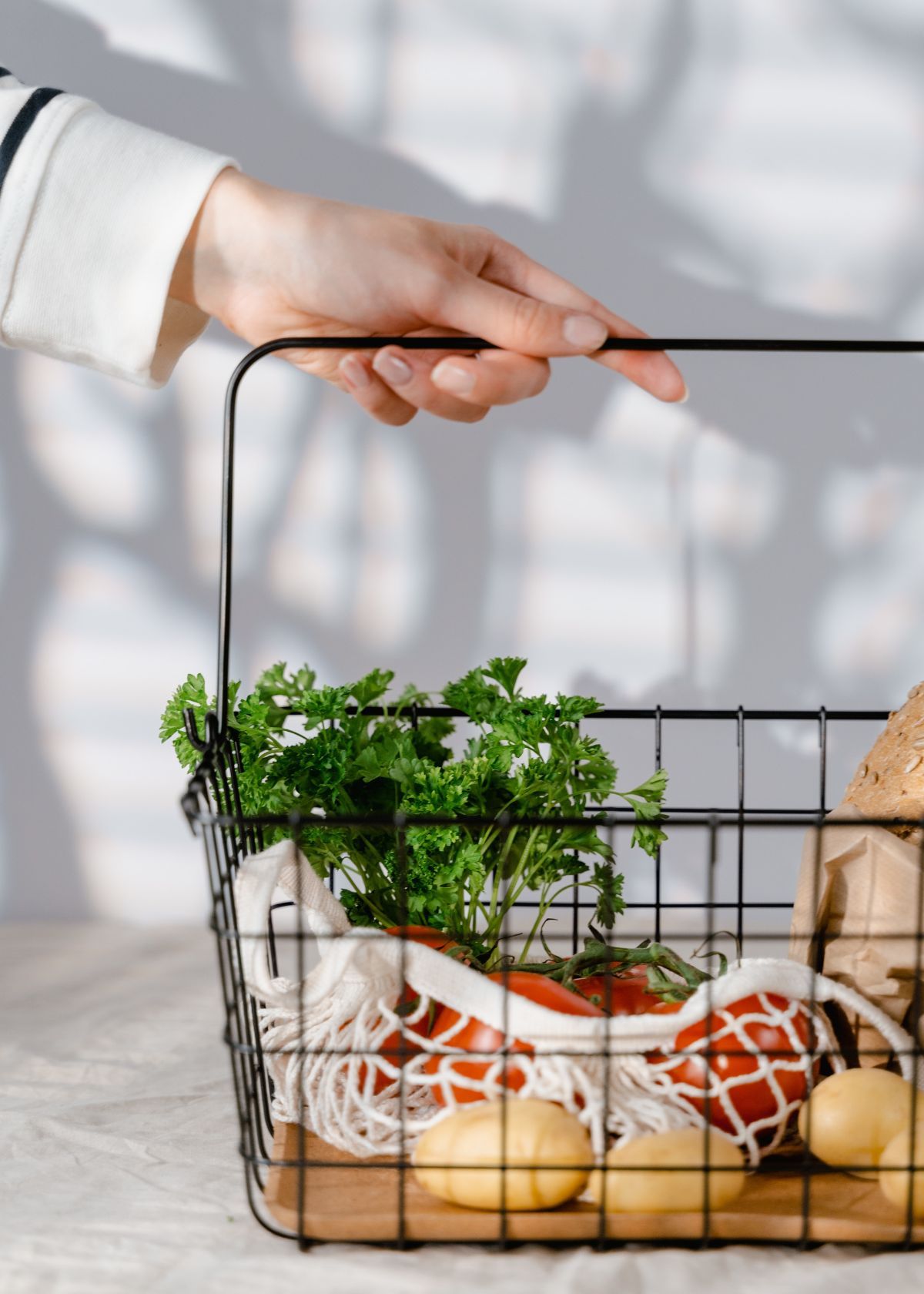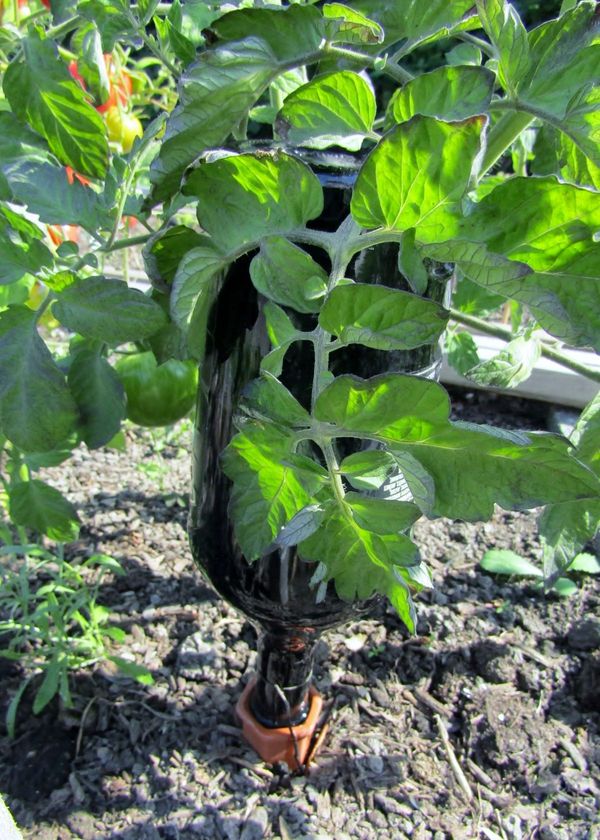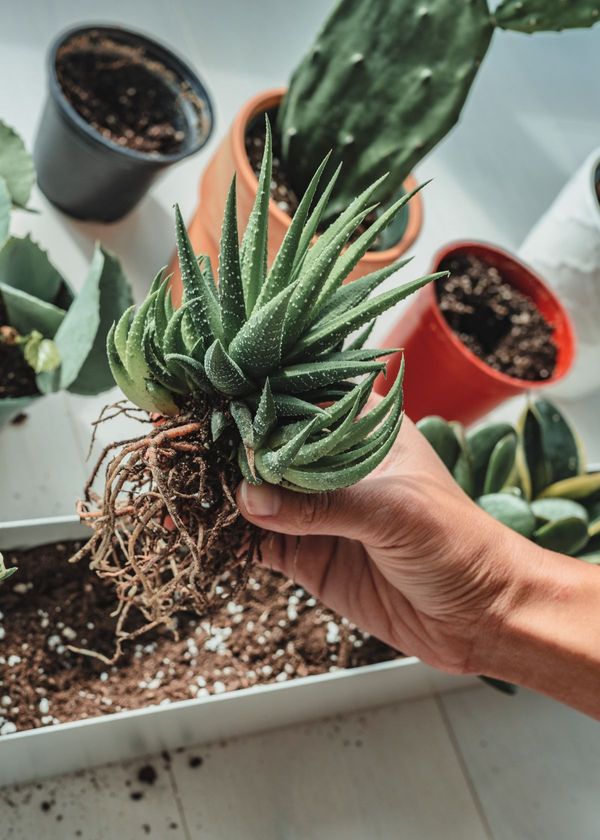In a world where food safety concerns are rising, the importance of recalling contaminated or potentially harmful food products cannot be overstated. Whether a single item or an entire batch, the recall process is crucial to ensure public health and safety. But what happens after a food product is recalled? What is the best way to handle it?
Handling affected menu items can be tricky and complex, requiring great care and attention. From identifying the affected products to notifying customers and disposing of the items, each step of the cleaning and sanitation process plays a critical role in minimizing the impact of a recall.
This article will explore the best ways to handle recalled food items, including the steps companies should take to ensure a successful recall process and how individuals can protect themselves from potential harm. We will also examine the broader impact of food recalls on the food industry and the public, as well as the role of regulators in ensuring food safety.
What Is Food Recalled Items
Food-recalled items are food products that have been identified as unsafe for consumption due to various reasons such as contamination, incorrect labeling, and misbranding. These products may have been distributed to retail stores, restaurants, or other food service establishments.
Once a product is recalled, it is no longer available for purchase or consumption, and the manufacturer must take the necessary steps to remove the product from the market.
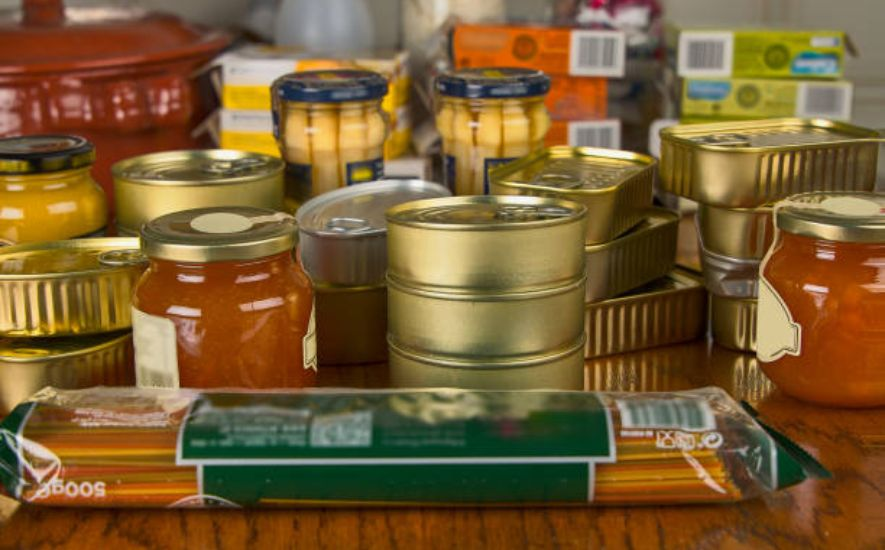
Why Are Food Items Recalled?
Food items are recalled for various reasons, including but not limited to:
- Contamination: Contaminated food contains harmful bacteria, viruses, or other substances that could pose a health risk to consumers. Contamination may occur during product production, processing, packaging, or transportation.
- Allergens: Food products may contain allergens that are not listed on the label, which can cause serious health problems for people with allergies.
- Mislabeling: Food products may be mislabeled, which can misinform the consumers about the ingredients, nutritional value, or any other pertinent information that affects their health.
What Can You Do To Protect Yourself?
Consumers should always be vigilant about the products they buy and consume. Here are some ways to protect yourself from consuming recalled food products:
- Stay Informed: Keep an eye out for food recall alerts issued by the FDA or other health agencies. You can check the FDA's website or subscribe to their recall email alerts to stay up to date.
- Check Labels: Read product labels carefully to ensure that they are safe for consumption, especially if you have any food allergies.
- Proper Storage: Store potentially contaminated products correctly, following the instructions provided by the manufacturer.
- Contact the Manufacturer: If you have any concerns about a food product, you can contact the manufacturer directly to communicate pertinent recall information or clarify any doubts.
Best Ways to Handle Recalled Food Items
Food recalls occur when a potential health risk is associated with consuming a particular food item. These recalls can be caused by various factors, such as contamination, mislabeling, or packaging issues.
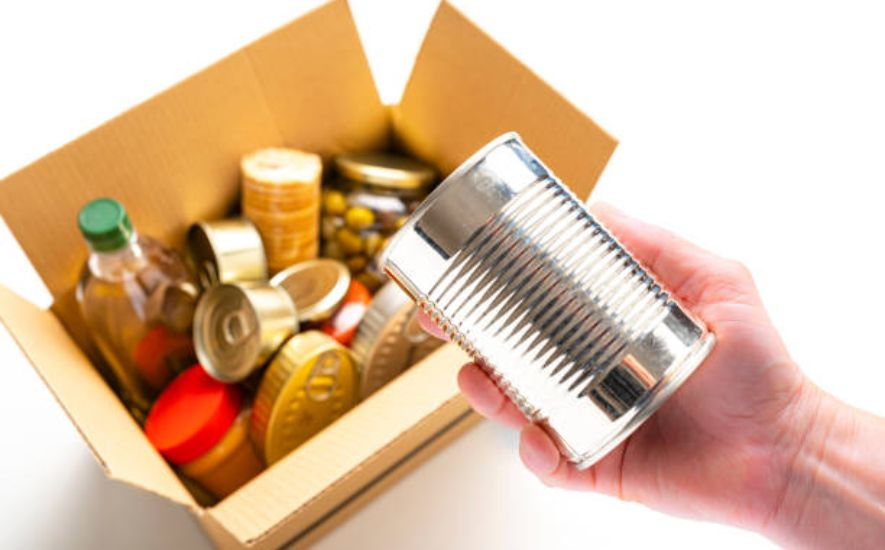
As a consumer, it is important to be aware of any food recalls and to take appropriate measures to ensure your safety inspection services.
- Check for Recalls: The first step in handling recalled food items is to be aware of the recalls. You can do this by checking the FDA or USDA website for the latest recall alerts. Additionally, some grocery stores will also post recall notices in their stores.
- Identify Recalled Items: Once you have identified that a recall has been issued, it is important to determine if you have any of the recalled items in your home. You can do this by checking the product label or packaging for the product name, code, and expiration date.
- Dispose of Recalled Items: If you have any of the recalled items in your home, it is important to dispose of them immediately. Do not consume the product or feed it to your pets. Instead, throw it away in a sealed plastic bag and place it in a trash can with a tight-fitting lid.
- Contact the Retailer: If you purchased the recalled item from a retailer, it is important to contact them for further instructions. Many retailers will offer refunds or exchanges for the recalled items.
- Contact a Healthcare Professional: If you have consumed a recalled food item and are experiencing any symptoms such as vomiting, diarrhea, or fever, it is important to contact a healthcare professional immediately.
What Individuals Can Do to Protect Themselves from Potential Harm of Recalled Food Items
Food safety is a critical issue that affects individuals' health and well-being. Recalled food items, which are products that have been removed from the market due to contamination or safety concerns, can pose a significant risk to consumers.
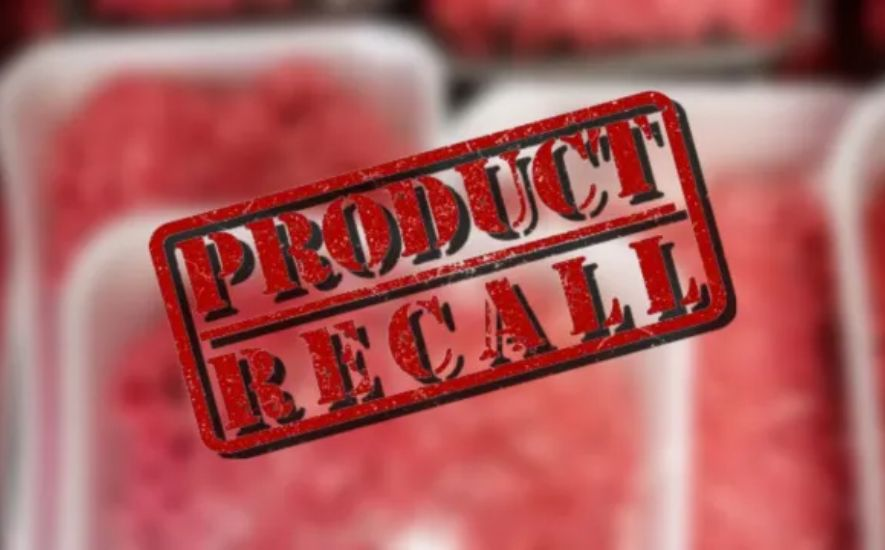
While food safety is primarily the responsibility of food manufacturers and regulatory bodies, individuals also play a critical role in protecting themselves from potential harm.
- Stay Informed about Recalled Products: One of the essential things individuals can do to protect themselves from potential harm is to stay informed about food recalls. Consumers can sign up for email alerts from the FDA or USDA to receive information about the latest recalls. They can also check online databases that list recalled food items. It is crucial to remain vigilant and be aware of the potential risks associated with the products we consume.
- Check Your Purchases: Individuals can take an extra step to protect themselves by checking their purchases before consuming them. Before eating or drinking any food or beverage, it is vital to examine the label and packaging for any signs of contamination. Consumers can also verify the product's expiration date and lot number to ensure that they are consuming a safe product.
- Practice Safe Food Handling: Even if a product has not been recalled, safe food handling is essential to minimize the risk of foodborne illnesses. Consumers can take precautions like washing their hands before handling food, cooking food to the appropriate temperature, and refrigerating perishable items promptly. Safe food handling practices can reduce the risk of foodborne illnesses and ensure that the food we consume is safe and healthy.
Broader Impact of Food Recalls on the Food Industry
Food recalls are a crucial mechanism for ensuring the safety of the food supply chain. When a food product is found to contain a potential health hazard or contamination, a recall is issued by the manufacturer or regulatory agency responsible for oversight.
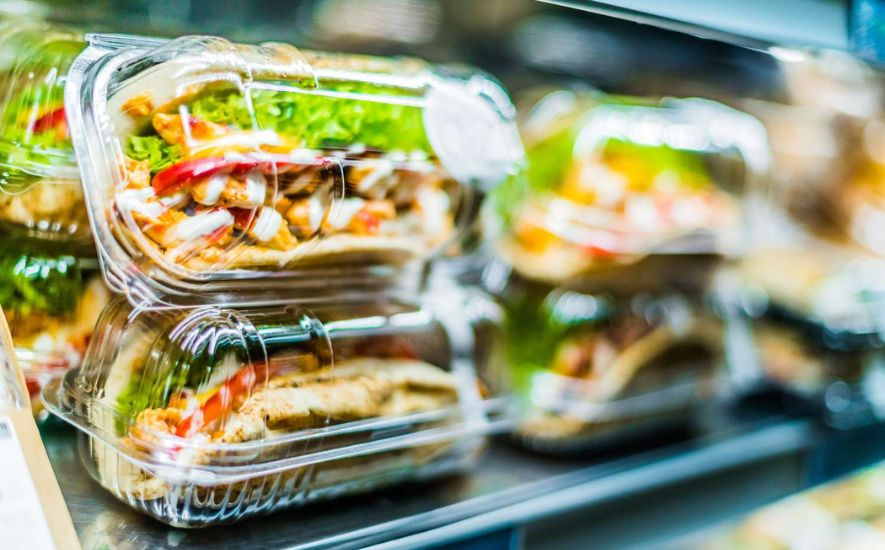
While these recalls are intended to protect public health, they can also have adverse health consequences for the food industry.
Economic Impact
The economic impact of food recalls can be significant. Recalled foods may result in the loss of revenue for the manufacturer and its suppliers. Additionally, the cost of recalling and disposing of the affected product and the cost of investigating the source of the contamination can be substantial. The loss of consumer trust can also lead to long-term financial consequences for the brand.
Legal Impact
Food recalls can also have legal consequences for the manufacturer. If a recalled product causes illness or injury, the manufacturer may be liable for damages. In some cases, the manufacturer may face regulatory fines, penalties, and the cost of defending against lawsuits.
Reputational Impact
Food recalls can also have a significant impact on a company's reputation. Consumers may lose trust in the brand, and the negative publicity generated by a recall can damage a company's image for years to come. Rebuilding consumer confidence and restoring a damaged reputation can be a difficult and lengthy process.
Preventive Measures
While food recalls cannot always be avoided, there are measures that companies can take to reduce the likelihood of a recall. These measures include implementing rigorous quality control measures, conducting regular food safety audits, and investing in employee training and education.
Role of Regulators in Ensuring Food Safety
Food safety is a critical issue that affects everyone, regardless of their geographic security and appropriate location or socio-economic status. The safety of our food supply is the responsibility of several stakeholders, including producers, manufacturers, and regulators.
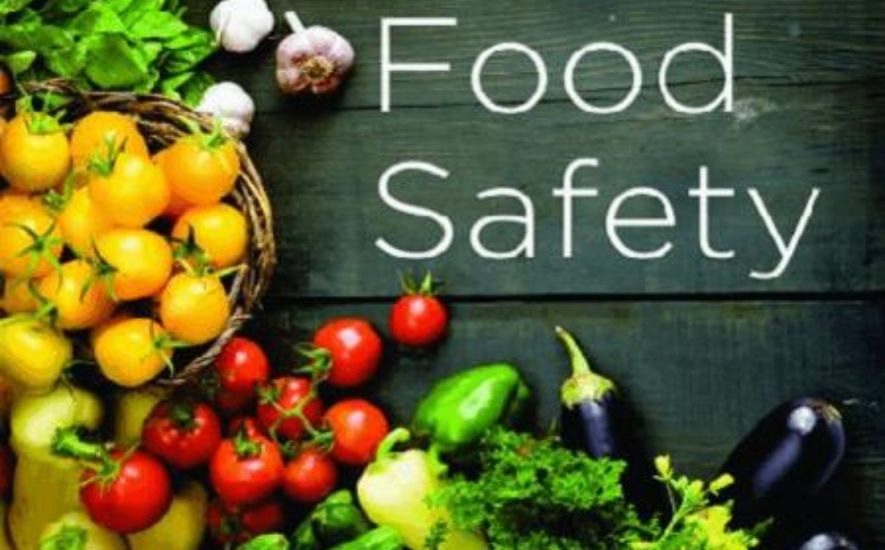
Regulators, in particular, play a crucial role in ensuring that the food we consume is safe for consumption. They set and enforce standards, conduct inspections, and monitor food production and distribution to minimize the risk of contamination and ensure that our food is safe and nutritious.
- Setting and Enforcing Standards: Regulators set and enforce standards to ensure that food is safe for consumption. They develop and update regulations, codes of practice, and guidelines that food producers, manufacturers, and distributors must follow to meet minimum safety standards.
- Conducting Inspections: Regulators conduct inspections of food production facilities to ensure that they comply with food safety standards. Inspectors may visit farms, factories, processing plants, and other food production sites to assess compliance with regulations, identify potential hazards, and recommend corrective actions.
- Monitoring the Food Supply Chain: Regulators also monitor the food supply chain to identify potential hazards and prevent contamination. They monitor the transportation, storage, and distribution of food products, and they track foodborne illnesses to identify patterns and potential sources of contamination.
Frequently Asked Questions (FAQs)
If you have a recalled food item in your home, it's important to ensure no one eats it. The best way to do this is by throwing out all items that are part of the recall. Here are some Frequently Asked Questions on how to dispose of recalled food items:
What is the first step a manager should take to handle food that has been recalled?
Suppose a manager in a food establishment receives information that food has been recalled. In that case, they should immediately remove the affected product from their inventory and ensure that it is not used or sold. This will help prevent any potential harm to customers and minimize the risk of legal liabilities.
After removing the recalled food, the manager should follow the specific instructions provided by the food manufacturer or regulatory agency that issued the recall. The instructions may include steps such as quarantining the recalled product, returning it to the manufacturer, or disposing of it.
The manager should also inform their staff about the recall and provide any necessary training or guidance to ensure that everyone is aware of the situation and knows how to handle it properly.
What are the 4 guidelines for recalled food?
When a food product is recalled, it means that the product is unsafe and may pose a risk to consumers. If you have purchased a recalled food item, following certain guidelines is important to ensure your safety. Here are four guidelines for recalled food:
- Stop using or consuming the recalled product immediately: If you have a recalled food item in your possession, stop using or consuming it right away.
- Check the recall notice for specific instructions: The recall notice will provide instructions on what to do with the recalled product, such as returning it to the store for a refund or disposing of it properly.
- Follow proper food safety practices: If you have consumed a recalled product and are experiencing symptoms such as nausea, vomiting, or diarrhea, seek medical attention immediately.
- Stay informed about product recalls: To stay informed about product recalls, sign up for email alerts from the Food and Drug Administration (FDA) and the United States Department of Agriculture (USDA), or follow them on social media.
What is your responsibility if a food item has been recalled?
If a food item has been recalled, it is our responsibility to stop using or consuming it immediately. We should check our homes, refrigerators, and pantries for recalled products and dispose of them properly.
It is also important to follow the instructions provided by the manufacturer or the government agency that issued the recall. If we have already consumed the recalled product and experienced any adverse symptoms, we should seek medical attention immediately.
How do you respond to a recalled product?
If you become aware of a recalled product, the first thing you should do is stop using it immediately. Check the recall notice to see if you are eligible for a refund or replacement, and follow the instructions provided.
It's also important to check if the product poses any safety hazards and take appropriate measures if necessary. If you have any concerns or questions about the recall, contact the manufacturer or the relevant regulatory agency for more information.
What is the best way to handle recalled food items, according to ServSafe?
The best way to handle recalled food items in accordance with ServSafe guidelines is to remove the recalled item from use immediately, label it as "do not use," and isolate it from other food products.
If the recalled item has already been served to customers, it is important to notify them of the recall and provide guidance on the next steps. Additionally, record the date, quantity, and reason for the recall in a log for future reference. Finally, work with the supplier or manufacturer to properly dispose of the recalled item.
Conclusion
In conclusion, handling recalled food items can be challenging, but it is crucial to ensure the safety and well-being of consumers. Both food manufacturers and retailers must be proactive and vigilant in identifying and addressing potential safety issues and for consumers to stay informed about recalls and take appropriate action when necessary.
By working together and following established procedures for recalling and disposing of unsafe food items, we can help prevent illness and promote a healthier, safer food supply for everyone. Remember, food safety is everyone's responsibility, and it starts with a commitment to awareness, communication, and action.


